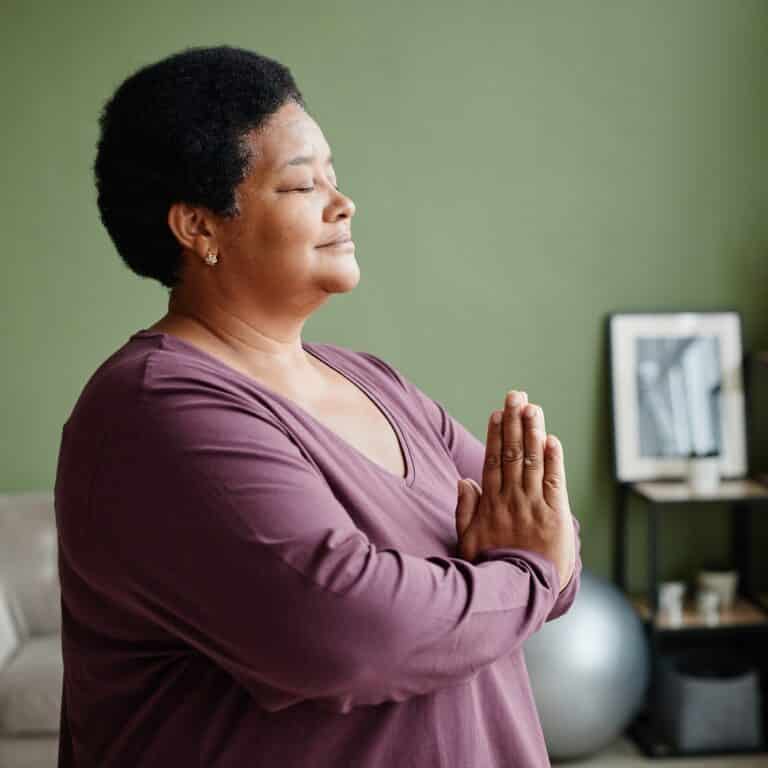Hearing loss happens gradually; sometimes you don’t even notice it’s happening. Oftentimes, partners or family members who live with you notice declining hearing ability first, but what if you live alone? If you live alone, you may not realize just how much your hearing loss has progressed. That’s why it’s important to take proactive steps to monitor your hearing health.
Monitoring Timeline
As you age, it’s a good idea to get your hearing tested regularly, even if you don’t suspect you have hearing loss.
Setting the Baseline
At age 50, schedule a hearing test to establish your baseline hearing ability if you haven’t had one in at least three years. You’ll be able to use this as a benchmark in the years to come.
Subsequent Testing
Once you have established your baseline, get tested on a regular basis to track changes and catch hearing loss early. The World Health Organization recommends getting tested every five years from age 50 to 64, then every one to three years from age 65 on.
Hearing Tests at Home
At-home tests are not diagnostic and will not match the accuracy or granularity of an audiogram produced by a hearing specialist. Still, they will help you notice a potential change, which could signal the need to visit the clinic for a comprehensive hearing exam.
Create a Safe and Accessible Living Environment
We live in an auditory world, and safety can be a major concern for someone living alone with hearing loss; you could miss critical alarms or alerts. Set up your home with accessible technology and utilize other strategies to maintain good awareness.
Wear Your Hearing Aids
If you have hearing aids, wear them, even when alone at home. They have far more benefits than just allowing you to hear people speaking; they will also heighten your awareness of your surroundings. Furthermore, you can connect them to your phone or TV via Bluetooth and stay connected to audio, as well.
Home Modifications
There are a number of technologies out there designed to help people with hearing loss stay safe. Check out things like:
- Visual or vibrating smoke and carbon monoxide alarms
- Doorbell systems with flashing lights
- Alarm clocks that vibrate or use light
- Smart home devices that send alerts to your phone (which can then be sent to your hearing aids by connecting them wirelessly, as mentioned above)
Build a Supportive Community
Living alone doesn’t mean being alone. Network with your neighbors and stay in touch with your family and friends. Staying socially connected is important for emotional well-being, and it can bring peace of mind to know that there are others who can monitor your hearing health.
We at Gulf Coast Audiology are also a part of your caring community. We’re happy to support you as you monitor your hearing health and maintain your independence at the same time. Call us today to find out more about staying proactive about hearing health and hearing loss.
